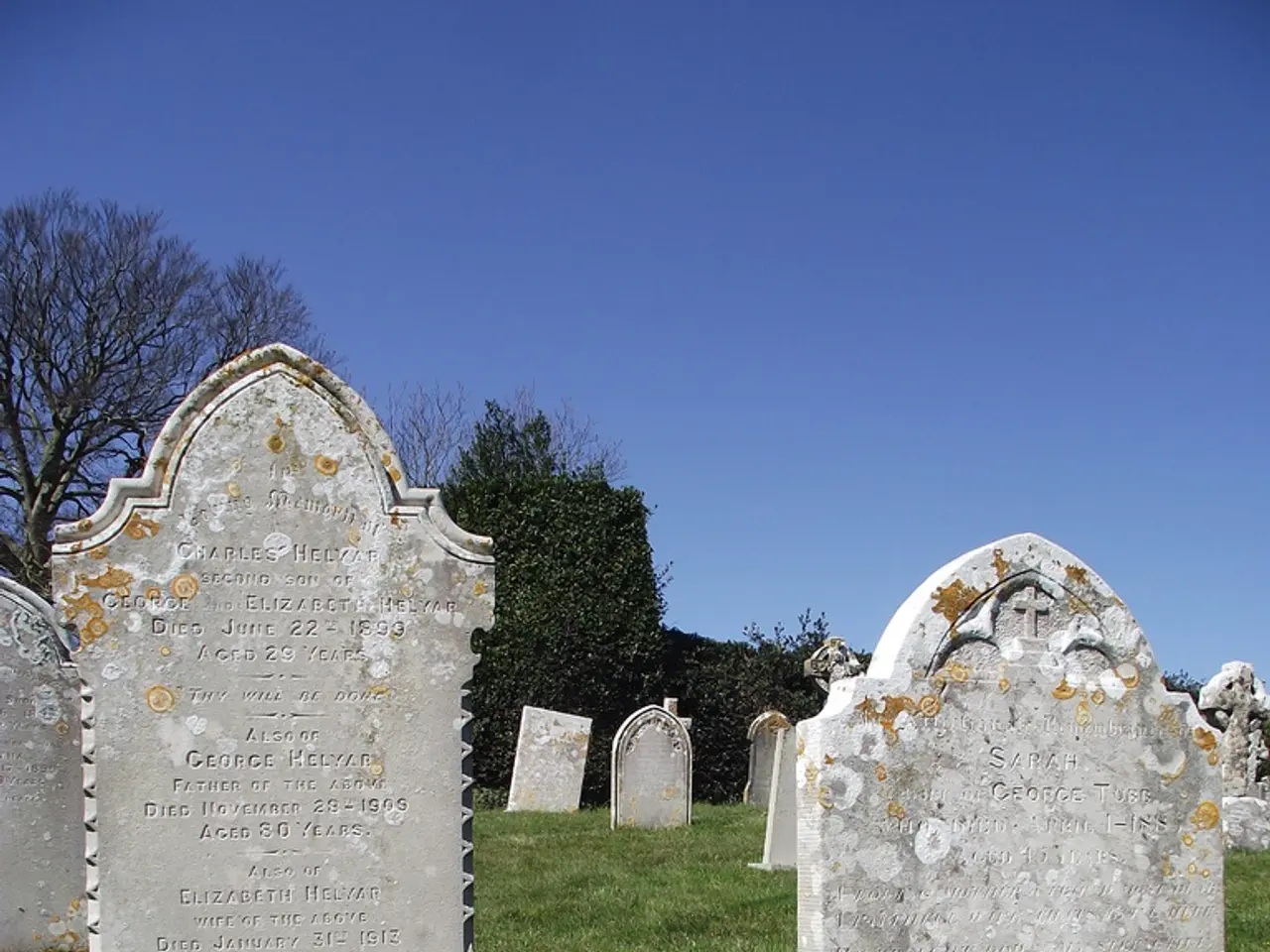Care Work: A Professionally Recognized Undertaking?
In the United States, the qualifications and training options for caregivers differ significantly between informal (often family or unpaid) caregivers and professional caregivers who provide paid care.
Informal Caregivers
Typically, no formal degree or certification is required for informal caregivers, such as family members or friends who provide care at home. However, many informal caregivers benefit from training programs in areas such as CPR, first aid, chronic disease management, and specific care techniques. These training programs are usually optional and not mandated by law.
Informal caregivers aiming for paid caregiving roles or Medicaid Family Caregiving programs might need to meet state-specific criteria such as background checks or demonstrate basic caregiving skills.
Professional Caregivers
Professional caregivers include roles such as Certified Nursing Assistants (CNAs), Home Health Aides (HHAs), Licensed Practical Nurses (LPNs), and Registered Nurses (RNs). Most professional caregiving roles require certification or licensure.
For CNAs and HHAs, this often means completing a state-approved training program and passing a competency examination. Licensed nurses must hold a valid and unrestricted state license and often pass national exams like the NCLEX for RNs and LPNs. Certain healthcare roles such as physical therapists, occupational therapists, and physician assistants require certification verified by state boards or federal immigration authorities if applicable.
Employers may require a minimum of 1 year of caregiving experience, background checks, drug screening, and the ability to handle emergency situations effectively. Some caregiving jobs offer paid training even if initial certification is not required, and certification (like a caregiver certificate or CPR/first aid) is often considered a bonus.
Training Options
- CNA programs: Usually last several weeks to months, combining classroom instruction and clinical practice.
- Home Health Aide training: Includes instruction on personal care, basic health monitoring, and emergency response, often shorter than CNA courses.
- CPR and First Aid certification: Widely recommended for all caregivers.
- Medicaid or VA caregiver training programs: Available for family caregivers seeking paid care roles through Medicaid waivers or Veteran Affairs benefits.
- Online and local community courses, as well as agencies, provide caregiver training and support.
Summary Table
| Caregiver Type | Qualifications | Training/Certification Options | Notes | |---------------------|-----------------------------------------------------------------|--------------------------------------------------------------|--------------------------------------------| | Informal Caregivers | No formal qualifications required | Optional CPR, first aid, disease management courses | May require background checks for paid roles | | Certified Nursing Assistants (CNAs) | Certification via state-approved training programs and exams | CNA training programs (weeks to months), state certification | Often required for paid caregiving jobs | | Home Health Aides (HHAs) | State certification or training completion | HHA courses, first aid, CPR | May require licensing | | Licensed Nurses (LPNs, RNs) | State license, pass NCLEX or equivalent | Nursing degree, national licensure exams | Required for health care worker certification[3] | | Specialized Professionals | State licensure/certification (PT, OT, physician assistants) | Professional degree and state/national licensure | Governed by state medical boards |
While informal caregivers mainly need practical experience and optional training, professional caregivers must usually complete certification or licensure processes, with training programs designed specifically for each role's responsibilities and legal requirements in the U.S.[1][2][3][4][5].
47% of the surveyed informal caregivers were the sole caregivers to their loved one. Some recognized worldwide courses for professional caregivers include Personal Care Assistant (PCA), Home Health Aide (HHA), Patient Care Assistant (PCA), National Caregiver Certification Course (NCCC), National Assisted Living Manager Certification (NALMCC), and Certified Nursing Assistant (CNA). Unlike a professional caregiver, an informal caregiver has a personal relationship with the person in need.
- The family members or friends providing informal caregiving can benefit from training programs that cover topics like CPR, first aid, chronic disease management, and specific care techniques, although these are typically optional rather than mandated by law.
- In some cases, informal caregivers may pursue paid caregiving roles or Medicaid Family Caregiving programs, which might necessitate meeting state-specific criteria such as background checks or demonstrating basic caregiving skills.
- Professional caregivers such as Certified Nursing Assistants (CNAs), Home Health Aides (HHAs), Licensed Practical Nurses (LPNs), and Registered Nurses (RNs) usually require certification or licensure, which often involves completing a state-approved training program and passing a competency examination.




